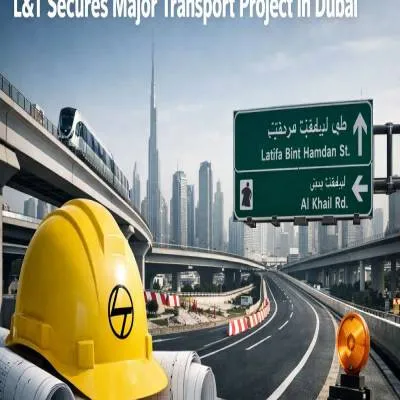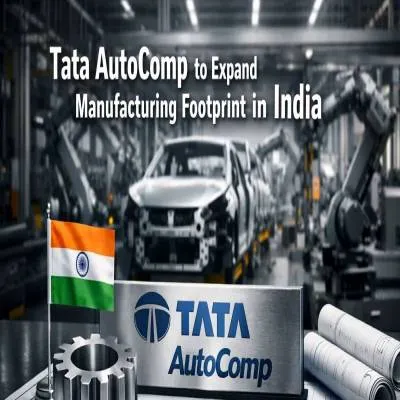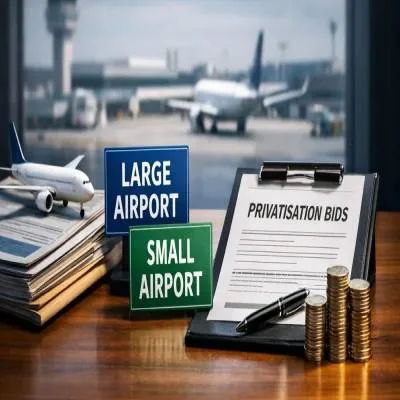Schedule a Call Back
Bamboo Barriers: A Low-Cost Alternative to Steel Crash Barriers on Highways

Highway infrastructure development is a crucial aspect of a country's progress. In ensuring the safety of motorists, crash barriers play a vital role. Traditionally, steel has been the primary material used for these barriers. However, recent advancements have led to the development of bamboo barriers as a more cost-effective and sustainable alternative.
Typically, steel crash barriers are expensive due to the high cost of the raw material and the intricate installation process. On the other hand, bamboo barriers offer a significantly cheaper solution. Bamboo, being a readily available and renewable resource, enables a substantial reduction in material costs, making it an attractive option for highway projects.
Apart from cost benefits, bamboo barriers also demonstrate remarkable safety features. The flexibility and strength of bamboo grass make it an excellent material for absorbing impact energy during accidents. Studies have shown that bamboo barriers are capable of absorbing shock and minimizing damage to vehicles, thus enhancing overall road safety.
An additional advantage of bamboo barriers is their eco-friendly nature. Sustainable and biodegradable, bamboo is a renewable resource that grows rapidly without depleting the environment. By choosing bamboo over steel, highway projects contribute to a greener future and reduce their carbon footprint.
Implementing bamboo barriers on highways is a step toward sustainable development. These barriers not only offer a low-cost and safer alternative to steel crash barriers but also contribute positively to the environment. Governments and infrastructure development agencies must recognize the potential of bamboo and promote its use in highway projects.
However, it is important to address some challenges associated with bamboo barriers. Regular maintenance and periodic inspection are essential to ensure their structural integrity. Weather conditions, such as heavy rainfall or extreme heat, can impact the durability of bamboo barriers and may necessitate replacement or repair.
To address these concerns and encourage the wider adoption of bamboo barriers, research and development must focus on improving their longevity and resilience. Collaboration between government bodies, engineers, and bamboo experts can lead to innovative solutions for enhancing the durability of bamboo barriers.
In conclusion, bamboo barriers offer a cost-effective and sustainable alternative to steel crash barriers on highways. With their superior shock-absorbing properties and environmental benefits, bamboo barriers provide increased safety at a reduced cost. Governments and infrastructure development agencies should embrace this innovative solution to pave the way for a greener and safer future on the roads.


Subscribe Now
Subscribe to our Newsletter & Stay updated
RECENT POSTS
Popular Tags
Folliow us
Related Stories
TSPL Mega Health Camp Reaches 338 Residents in Mansa
Talwandi Sabo Power (TSPL), Punjab’s largest and North India’s largest private thermal power plant, organised a Mega Health Camp at Village R...










